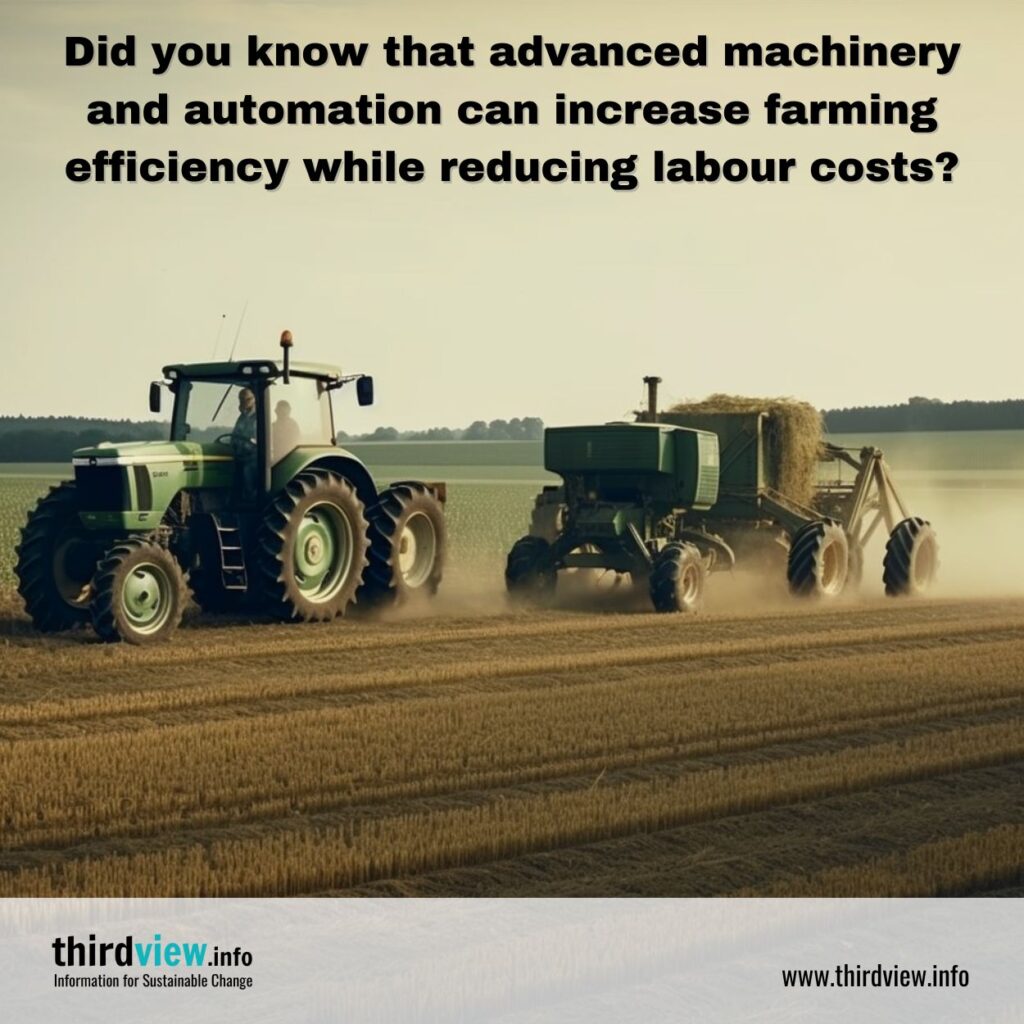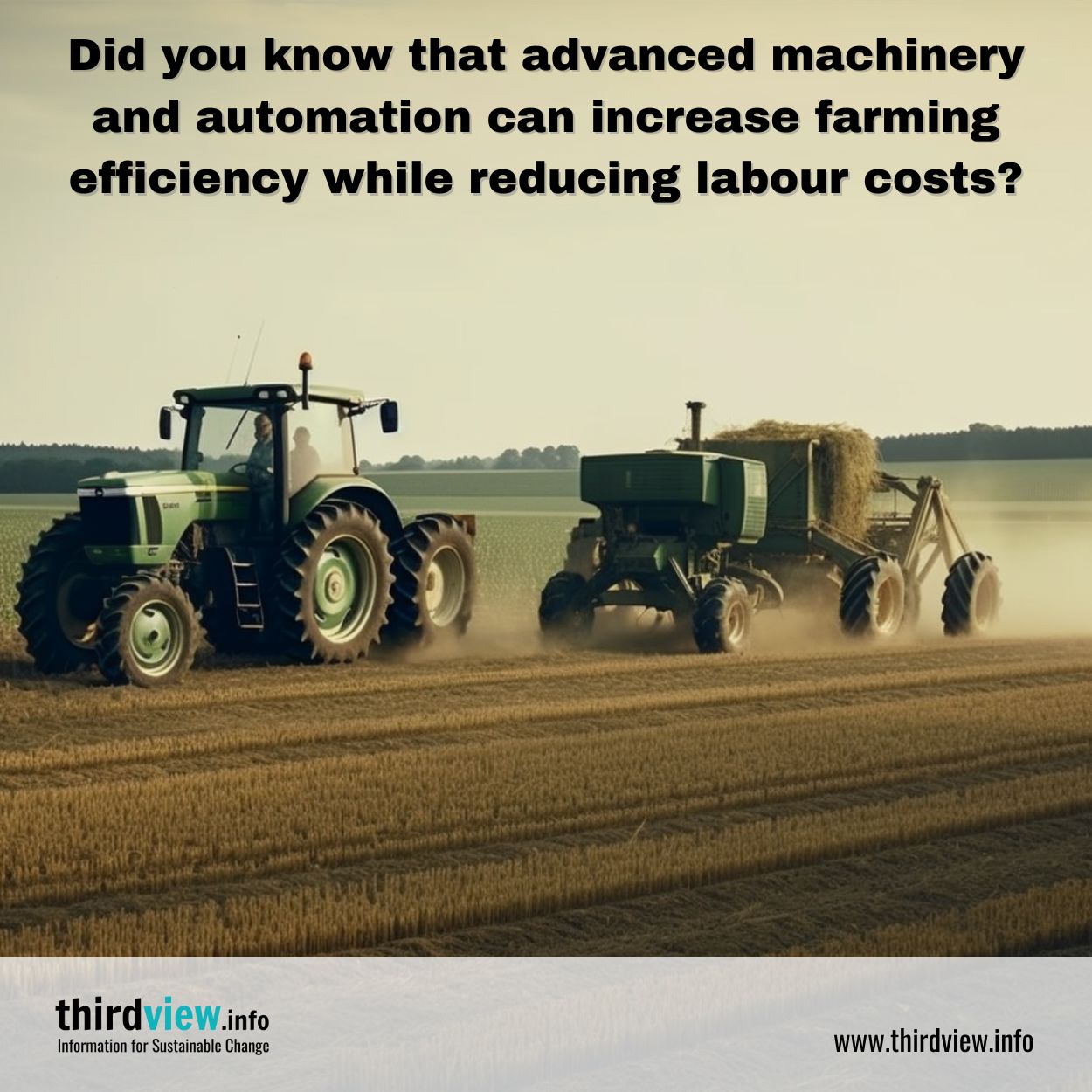The way we farm today is very different from the way it has been done for centuries. Technology has made it easier to produce food more efficiently and effectively, but there are still opportunities to innovate. Through creative thinking, the farming community can come up with unique, modern solutions that can revolutionize how we grow food. Let’s explore some of these innovative solutions that could help us modernize farming practices.
Vertical Farms
Vertical farms are one of the most promising innovations in agriculture. By growing crops in stacked layers indoors, vertical farms use significantly less space than traditional farming methods while still producing high yields of healthy produce. Additionally, since vertical farms are closed environments, they are not subject to external weather conditions like wind, rain, or extreme temperatures—making them a great option for areas with unpredictable climates. And since they don’t require large tracts of land or massive irrigation systems, they can be built in urban areas where land and water are scarce resources.
Robotics & Automation
Robotics and automation have been game-changers in many industries—and agriculture is no exception. Robotics and automation can help farmers increase efficiency by taking over mundane tasks such as seeding and harvesting; reduce labour costs by replacing manual labour with machines; and improve safety by taking workers out of hazardous situations. Plus, robots can work around the clock without breaks—which means farmers get more done in shorter periods of time with fewer resources.
Precision Agriculture
Precision agriculture is an approach that utilizes technology to optimize crop production based on specific conditions within a field or even individual plants. By using sensors to monitor things like soil moisture levels, temperature fluctuations, light exposure levels, nutrient deficiencies, and pest infestations on a micro level—precision agriculture allows farmers to tailor their management strategies based on real-time data rather than relying solely on guesswork or trial-and-error methods. This makes growing crops more efficient while also minimizing environmental damage caused by chemical fertilizers and pesticide overuse.
As you can see, there are plenty of innovative solutions available to modernize farming practices today. From vertical farms that use minimal space yet yield high quantities of quality produce; to robotics and automation that reduce labour costs while increasing safety; to precision agriculture techniques that make crop production more efficient without harming the environment—these modern technologies offer exciting new ways for farmers to increase yields while reducing waste and preserving natural resources for future generations. It’s an exciting time for those looking for creative solutions to revolutionize the way we farm.


